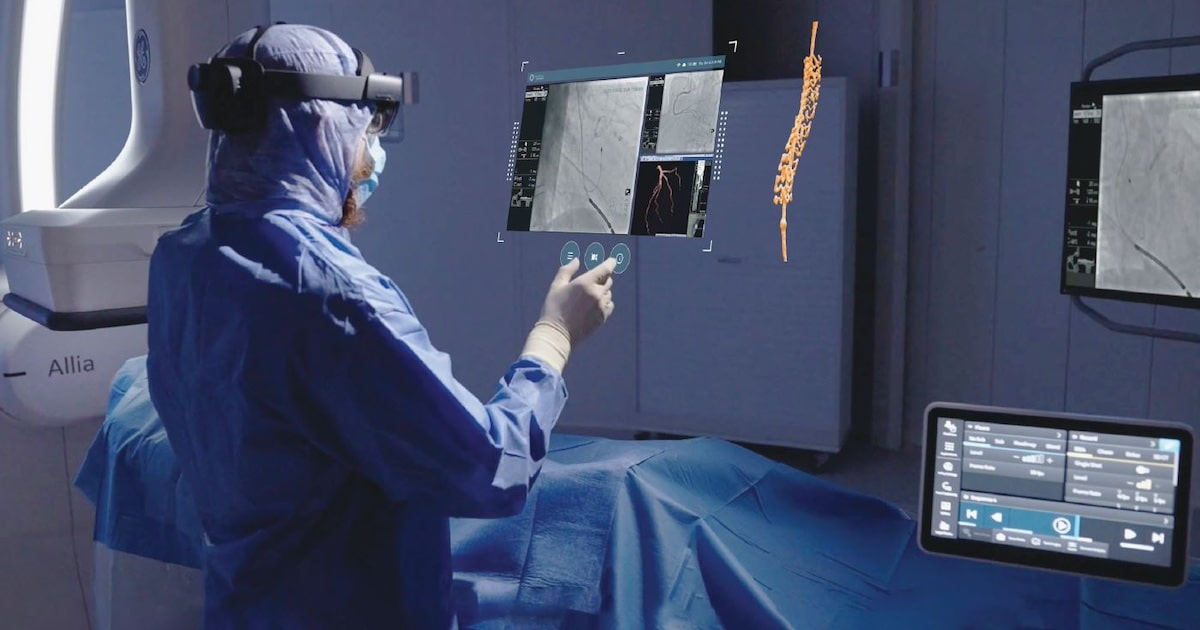
Exclusive: Wellth expands AI personalized predictive features for blood pressure
Wellth, a digital health startup that offers small financial rewards for completing health-related tasks, is launching a suite of in-app personalized, predictive health features to help control the leading factors affecting chronic health conditions, such as increased blood pressure.
Wellth works with insurers, providers and employers to offer an app that reminds users about daily health behaviors, such as taking medications or monitoring blood glucose.
When patients take a photo confirming they’ve completed tasks, they receive small financial incentives.
The company includes services for mental health concerns, cardiovascular disease, heart failure, diabetes, cancer, chronic kidney disease and COPD or asthma.
Wellth’s new features will employ the company’s proprietary AI model to offer personalized health alerts when an individual’s blood pressure is above the target range set in partnership by the patient and their provider.
The California-based company trained its AI datasets on blood pressure readings it has amassed from users’ images. The data was then input into the company’s AI model, allowing Wellth to provide more personalized insights into a patient’s health trends.
“Now that we have this stream of millions of pictures of blood pressure readings and we can pull the data off that picture itself, we’re starting to look at the trends and how to holistically help each individual member improve outcomes in general, but especially around blood pressure,” Matt Loper, cofounder and CEO of Wellth, told MobiHealthNews.
“We see what medications they’re taking every day. We see how their blood pressures are trending over the course of time and are able to create more precision and personalized suggestions to that individual member based on all these data points that we’re seeing across their whole health and care plan adherence.”
Wellth works closely within the Medicare Advantage and Medicaid spaces, serving both providers that service Medicare members at a stage of acuity where high monitoring is necessary and Medicare Advantage plans to improve cost and quality of care.
“Quality scores and Medicare Star Ratings are the primary focus on quality. Blood pressure control is a key metric related to quality Star Ratings,” Loper said.
“The hope is that as you take these members that are currently at very high risk or have very high blood pressure – they have a higher incidence of heart attacks, edema and strokes and all these bad events that could put them in the hospital – that we’re able to get them more adherent to taking their medications, more adherent to tracking their metrics, and therefore can cut down those very high-cost hospitalizations, while also improving the Stars scores and the quality scores.”
The company plans to expand its AI offerings by releasing blood sugar monitoring and enhanced pill detection features in the future.
THE LARGER TREND
The update in Wellth’s offerings comes a year after the company secured $20 million in a Series B funding round led by SignalFire, with participation from former Evolent Health CEO Frank Williams and previous investors the Social Entrepreneurs’ Fund, CD Venture, Yabeo and the Partnership Fund for NYC.
Over the past year, Wellth partnered with Western Massachusetts Health New England, a not-for-profit health plan with commercial, Medicare and Medicaid plans.
Gold Coast Health Plan (GCHP), California’s Medi-Cal health plan for Ventura County, also announced last year that it would offer its members access to Wellth’s offerings.
In 2020, Wellth closed a $10 million Series A funding round, and in 2018, the company scored $5.1 million in seed funding.
CIO Connect, a HIMSS Professional Development program that aims to prepare aspiring health IT leaders, is accepting applications now through June 2024. Learn more.

